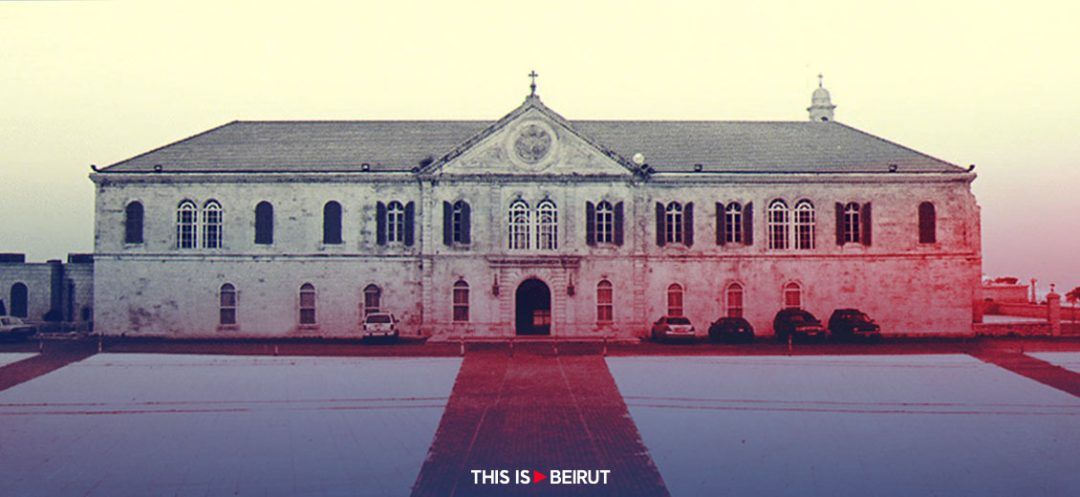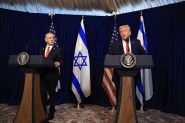
The seat of the Maronite Patriarchate in Bkerke is expected to witness on Friday (May 10) the final review of the draft of a national document that has been the subject of intense discussions among the Lebanese Forces (LF), the Free Patriotic Movement (FPM), the Kataeb Party and other Christian groups, under the auspices of the Patriarchate.
All eyes will be set on this meeting as the public awaits the FPM's definitive stance on the contentious issue of Hezbollah's military arsenal. Initial indications suggest that the FPM is leaning towards confining the arms in the hands of the Lebanese Army.
Sources close to Bkerke’s discussions expressed optimism that Friday’s meeting will be the final session during which the document would be endorsed. The text notably prioritizes the enforcement of international resolutions pertaining to Lebanon, mainly Resolutions 1559, 1680 and 1701. The resolutions advocate for the dissolution of all militias and armed groups, restricting arms possession to the legitimate authorities, chiefly the Lebanese Army, which would be tasked with implementing Resolution 1701 in southern Lebanon, ensuring that Lebanon does not turn into a battleground for settling scores. There is also a strong emphasis on neighboring countries respecting Lebanon’s sovereignty and borders, to prevent any military breaches at the borders or migrant infiltrations.
Furthermore, the document highlights the vital importance of rebuilding Lebanon's constitutional institutions, but refrains from delving into the intricacies of the presidential vacancy. This initiative is intended to pave the way for launching a reform plan aimed at steering Lebanon toward recovery from its multiple crisis. More importantly, it is undertaken within the framework of the Taif Agreement, which ensures equal power-sharing and also explicitly advocates for decentralization.
Once the document is endorsed, the participants would brief Maronite Patriarch Bechara Rai on its content before making it public. Subsequently, a series of consultations will ensue, involving various Lebanese key players, in an effort to seek their support and get their approval. However, sources warn that this task is fraught with challenges and may not achieve the desired outcomes, notably the blessing of the Shiite duo Amal-Hezbollah and their allies, including the Marada Movement, all of whom did not participate in the Bkerke meetings.
However, if it is approved by the vast majority of Christian representatives, the document will reflect a unified Christian position. Consequently, the other parties will have to take into account the joint Christian position instead of persisting on taking unilateral domineering actions. Ultimately, a Lebanese consensus on the document could be the beginning of a lasting solution and a return to stability.
Read more



Comments